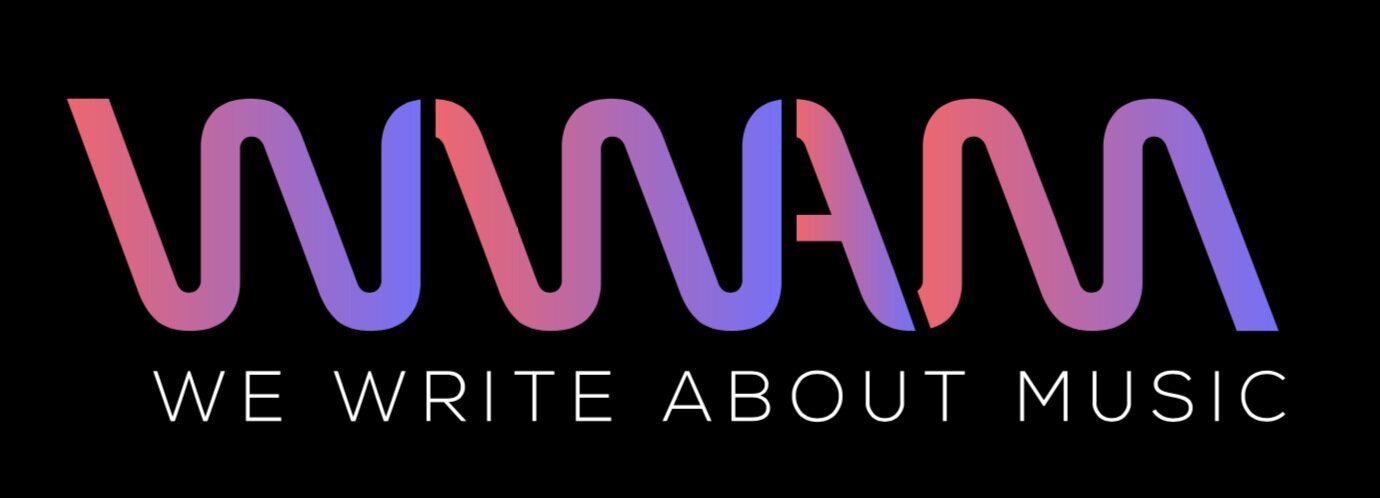Behind the Beat: How technology Is revolutionizing Music
You're at the forefront of a music revolution, where technology is reshaping every facet from production to performance. Digital audio workstations like Ableton and Logic Pro have democratized music creation, enabling limitless sonic experimentation.
Distribution is no longer tethered to record labels; platforms like DistroKidempower artists to reach global listeners. Concerts are becoming immersive, leveraging virtual reality and real-time sound manipulation. AI and machine learning are revolutionizing composition and personalization. Social media steps in as a vital catalyst, influencing trends and fan engagement. With technology advancing rapidly, each note you tune into could reveal the next breakthrough.
Live Performances and Education
While digital channels revolutionize music distribution, technology's impact on live performances and education is equally transformative. In live performances, digital mixing consoles and advanced lighting systems elevate sound quality and visuals, boosting audience engagement.
Virtual reality creates immersive concert experiences, attracting new listeners and redefining traditional settings. Artists leverage real-time sound manipulation to enhance their performances dynamically, opening doors for music experimentation. As IPTV Canada further enriches the experience by providing a platform to stream live concerts and music education programs, making these innovations accessible to a global audience with quick and simple installation on Smart TVs.
Evolution of Music Production
As music production has evolved, it's shifted from the tactile world of traditional instruments to the digital realm of audio workstations like Ableton, Logic Pro, and FL Studio. This transition revolutionizes how you create music, opening up a universe of creative possibilities.
With virtual instruments, you're no longer bound by physical limitations, exploring diverse soundscapes that fuel electronic music innovation. The democratization of music is furthered by reduced production costs, empowering independent musicians to produce professional-quality tracks from home studios. Technology has leveled the playing field, enabling you to collaborate effortlessly with artists worldwide. Such advancements not only transform music production but also inspire a new generation to push boundaries, fostering an era where creativity knows no bounds.
Shifts in Music Distribution
Although traditional record labels once held the keys to global music distribution, digital channels have dramatically reshaped this landscape, empowering independent artists to reach audiences worldwide. Streaming services have become pivotal, generating over $10 billion in revenue by 2022 and providing artists with unprecedented access to music consumers.
DIY distribution platforms like DistroKid and TuneCore enable artists to upload tracks directly to streaming services and online stores, bypassing gatekeepers. Social media, particularly TikTok, serves as a powerful marketing tool, influencing trend cycles and propelling viral hits. This instant accessibility accelerates how quickly listeners discover new music. As a result, independent artists can tap into a global audience, leveraging technology to navigate and thrive in the evolving music distribution ecosystem.
AI and Future Trends
In the rapidly evolving landscape of music, AI-driven tools are reshaping how artists compose and produce their work. Algorithms analyze patterns, assist in music composition, and generate sounds, enhancing the creative process. Machine learning powers personalized recommendations, tailoring experiences to individual preferences, thereby transforming how you discover music.
Virtual reality concerts offer immersive environments, engaging audiences in ways unimaginable before. Meanwhile, blockchain technology is being explored for ensuring secure and transparent royalty distribution, addressing fair compensation concerns. As mobile apps advance, they empower music creation and sharing, influencing the industry's future. These technological innovations redefine music production and consumption, making it crucial for you to stay informed and adapt to these transformative AI-driven trends.
Social Media's Influence
Social media platforms have fundamentally transformed the music industry, acting as catalysts for music discovery and popularity. With technology driving platforms like TikTok, viral trends propel songs to the top, reshaping promotional strategies. Artists harness Instagram and Twitter for direct fan engagement, fostering real-time feedback and community building.
Streaming platforms benefit as social media algorithms amplify trending music aligned with cultural moments. User-generated content, such as challenges and dance trends, enhances a song's traction, offering a dynamic approach to visibility. Online collaborations thrive, allowing musicians to reach broader audiences and experiment across genres. By integrating social media and music, artists navigate a landscape where content creation and distribution are intertwined, maximizing reach and innovative interaction.
How Has Music Changed Because of Technology?
You've witnessed music's transformation through streaming services and digital distribution. Musicians now use mobile apps, virtual instruments, and AI composition for advanced music production. Social media and online collaboration redefine marketing, while interactive performances revolutionize sound engineering.
How Did Technology Shook up the Music Industry?
You've witnessed technology shake up the music industry by enabling digital distribution, revolutionizing streaming services, and empowering home recording. It also impacts music production, licensing, and collaboration through AI composers, social media, virtual concerts, and copyright issues.
How Has Technology Improved the Musical Experience?
You've seen technology elevate the musical experience through streaming services, enhanced audio quality, and virtual instruments. Music production and digital collaboration thrive, while augmented reality and immersive experiences boost fan engagement. Online education enriches musical skills globally.
How Has Sound Changed With Technology?
You've witnessed digital sound transform through advanced audio engineering. Sound manipulation with virtual instruments and innovative sound design has evolved acoustics. Recording techniques and immersive audio enhance streaming quality, fostering unprecedented sonic experimentation and creative expression.
Like what you read? Follow our social media and playlist for the latest in independent music:

